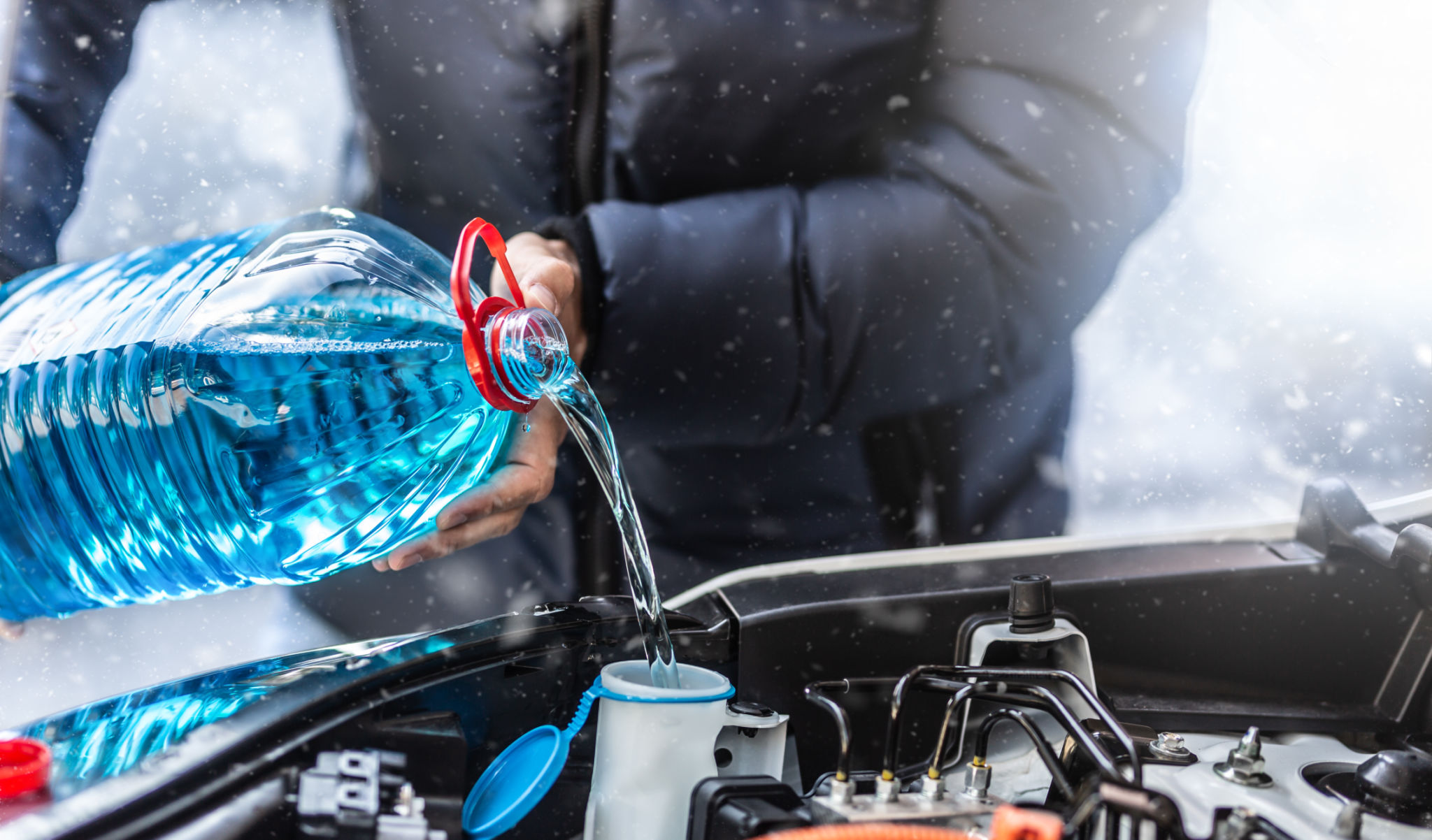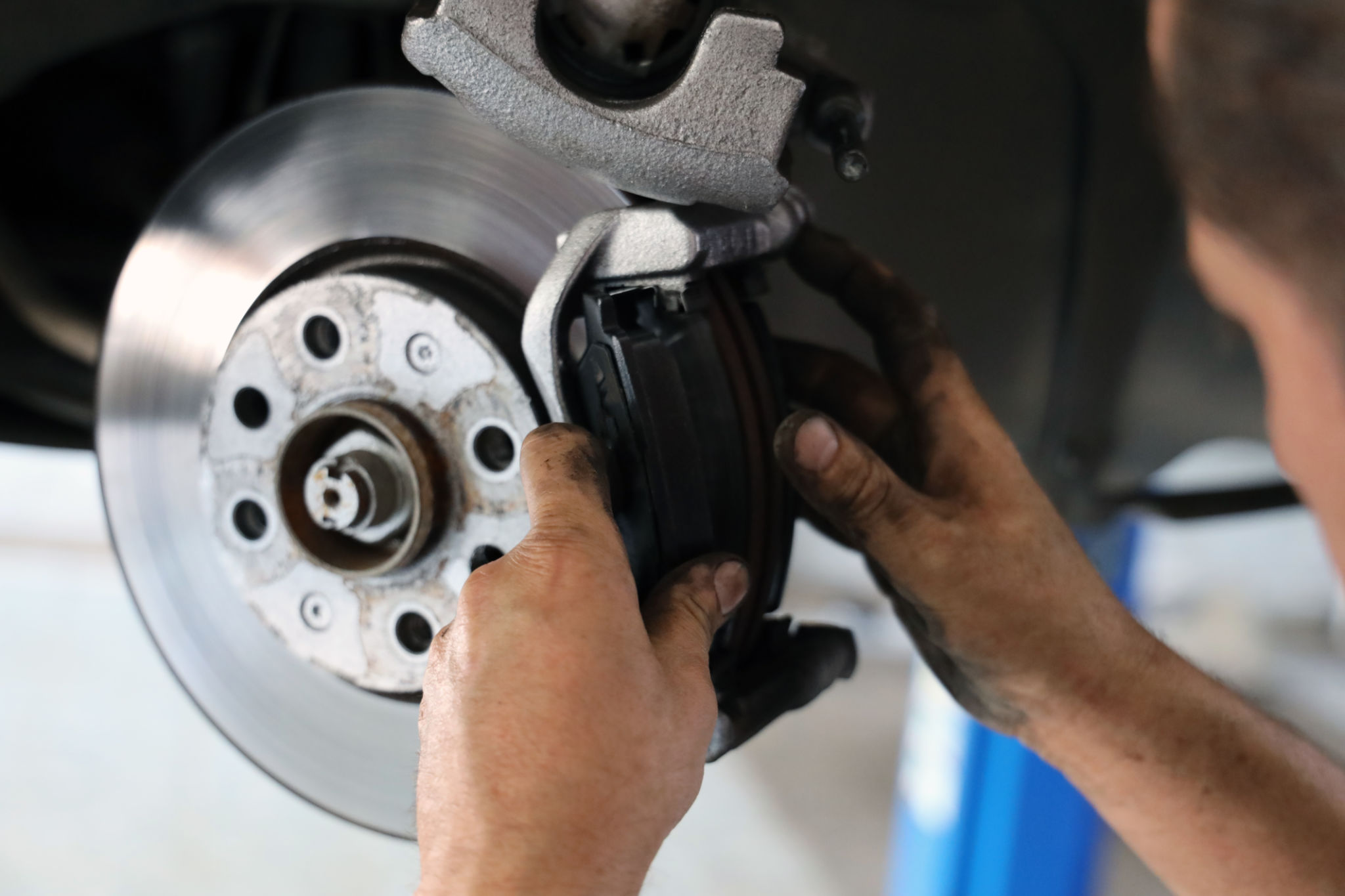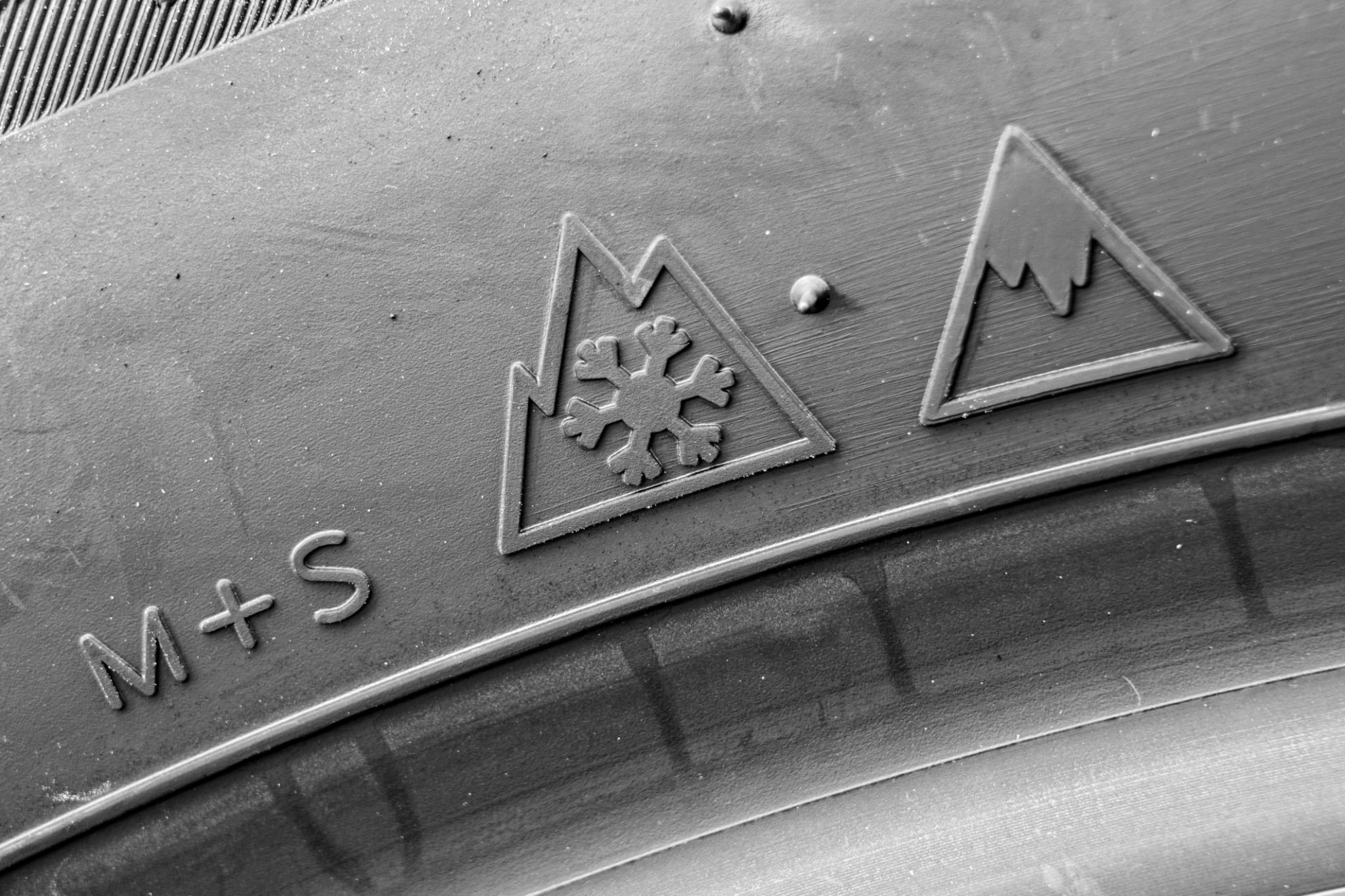Preparing Your Vehicle for Winter: Essential Brake Maintenance Tips
The Importance of Winter Brake Maintenance
As the winter months approach, ensuring your vehicle is ready for the changing conditions is crucial. One of the most critical components to check is your braking system. Cold temperatures, snow, and ice can all impact brake performance, making maintenance a necessity for safe driving. Regular checks and timely repairs can prevent accidents and extend the life of your brakes.

Inspect Brake Pads and Rotors
The first step in preparing your brakes for winter is to inspect the brake pads and rotors. Worn brake pads can reduce stopping power, especially on slick roads. Check for any signs of thinning or uneven wear. Similarly, rotors should be free from deep grooves or warping. If you notice any issues, it's best to replace them before winter sets in.
To keep your brakes in optimal condition, consider investing in high-quality brake pads designed for winter conditions. These pads are often made from materials that perform better in cold temperatures, ensuring reliable stopping power.

Check Brake Fluid Levels
An often overlooked aspect of brake maintenance is checking the brake fluid levels. As temperatures drop, the fluid can thicken and lose its effectiveness. Ensure the fluid is at the appropriate level and replace it if it appears dirty or contaminated. Using a brake fluid with a low freezing point can also help maintain performance during the coldest days.
Regularly flushing the brake system and replacing old fluid with new can prevent moisture buildup, which can lead to corrosion and potential brake failure.
Test Brake Responsiveness
Before winter arrives, take the time to test your vehicle's brake responsiveness. Pay attention to how quickly your car stops when you apply the brakes and whether there are any unusual noises or vibrations. Any signs of delayed response or strange sounds could indicate underlying issues that need attention.

Consider Anti-Lock Brake System (ABS) Checks
Many modern vehicles are equipped with an Anti-Lock Brake System (ABS), which prevents the wheels from locking up during braking. This system is particularly useful in icy conditions. Ensure your ABS is functioning correctly by having it checked by a professional. An illuminated ABS warning light on your dashboard could indicate a problem that requires immediate attention.
Regular maintenance of the ABS can provide peace of mind and enhance safety during harsh winter weather.
Monitor Tire Condition
Your tires play a significant role in effective braking, especially in winter conditions. Inspect them for adequate tread depth, as this provides better traction on snow and ice. Consider switching to winter tires if you live in an area prone to severe weather. These tires are specifically designed to perform well in cold temperatures and can significantly improve your vehicle's braking capability.

Conclusion: Stay Safe This Winter
Preparing your vehicle's brakes for winter is an essential part of ensuring safety on the road. By inspecting brake pads and rotors, checking fluid levels, testing responsiveness, maintaining the ABS, and monitoring tire conditions, you can navigate winter roads with confidence. Make these checks a regular part of your vehicle maintenance routine to enjoy a safe and smooth driving experience throughout the season.